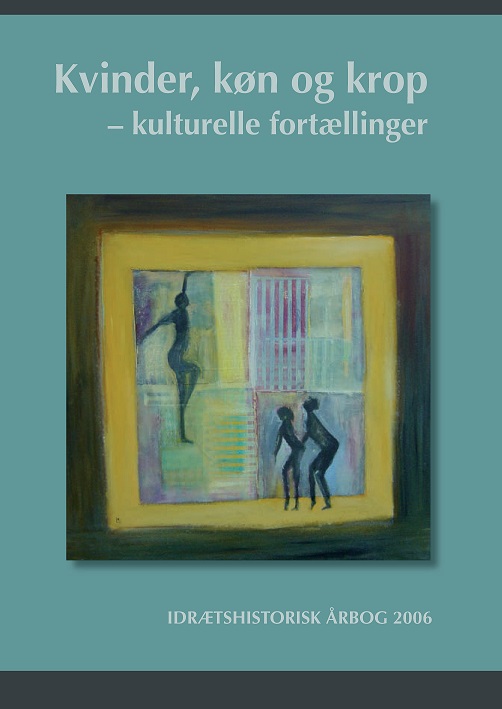Hvorfor spilde tiden med kvindelig idrætsledelse?
DOI:
https://doi.org/10.7146/ffi.v22i0.31684Abstract
Artiklen med undertitlen 'Kønskonstruktioner og ligestillingsmæssige tiltag i den frivillige idrætsledelse' har til formål at vise de kønskonstruktioner, der eksisterer i idrætsorganisationerne, og som har indflydelse på forudsætningerne for kvinders besiddelse af lederposter i organisationerne.
Linnea Ytting: Why waste time on female sport leadership? About gender construction, gender equality in the voluntary sport organizations
The sports organisations Danmarks Idræts- Forbund (DIF) and Danske Gymnastik- og Idrætsforeninger (DGI) have few women represented in their top leader positions. Both organisations have approximately 50% female membership and represent the entire Danish organised sport field. This is a sad fact, because women and men in many areas have different interests in sports. This article analyses some of the gender constructions of 6 young men and women in voluntary leadership, within chosen sports organisations. The purpose is to find the meaning of gender and describe how it is interpreted by the women and men in leading positions. The result of this research shows that many women are not interested in leading positions higher than club level. At the same time however, the structure of organisations are limiting, as to women wanting to achieve a higher voluntary leading position. Therefore it can be established that women must want the power, but the power must also want the women. In 2002 the political mainstreaming project was offered to sports organisations, introducing the gender problem on the political agenda. The political dimensions will therefore be included in the article, because the consequences may affect the sports organisations
Downloads
Published
How to Cite
Issue
Section
License
Forfattere, der publicerer deres værker via dette tidsskrift, accepterer følgende vilkår:
- Forfattere bevarer deres ophavsret og giver tidsskriftet ret til første publicering, samtidigt med at værket er omfattet af en Creative Commons Attribution-licens, der giver andre ret til at dele værket med en anerkendelse af værkets forfatter og første publicering i nærværende tidsskrift.
- Forfattere kan indgå flere separate kontraktlige aftaler om ikke-eksklusiv distribution af tidsskriftets publicerede version af værket (f.eks. sende det til et institutionslager eller udgive det i en bog), med en anerkendelse af værkets første publicering i nærværende tidsskrift.
- Forfattere har ret til og opfordres til at publicere deres værker online (f.eks. i institutionslagre eller på deres websted) forud for og under manuskriptprocessen, da dette kan føre til produktive udvekslinger, samt tidligere og større citater fra publicerede værker (se The Effect of Open Access).





